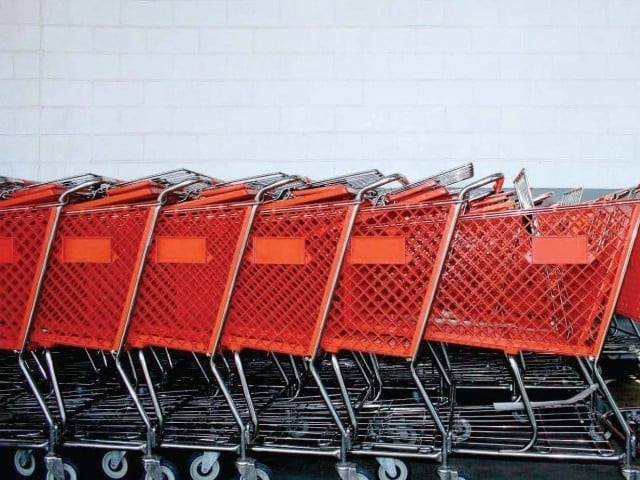A slippery slope: India’s shoppers wary of supermarket seduction
Global investors line up as $450 billion retail market opens up.

Family-run shops and stalls in every market and on every street corner often stock a well-tailored range of goods which are delivered for free to loyal customers who say the setup is more efficient than it looks.
“I’m used to phoning for my deliveries of groceries every day,” 45-year-old Sheila Sharma, a New Delhi mother of three, told AFP. “I don’t think I want to change.”
“I might go to one of these supermarkets if I wanted something special, but not for my everyday needs. It’s convenient the way things are.”
Reforms announced on Thursday to open up the retail market to foreign supermarket chains were broadly welcomed by giants such as Carrefour and Wal-Mart.
But the recent experiences of domestic retail firm Reliance, which has struggled with the routine and expectations of urban Indian lifestyles, suggest their entry won’t be a cakewalk.
Many consumers are accustomed to rapid home delivery of even the smallest orders for groceries - a service that congested roads would make almost impossible from large stores positioned on city outskirts.
Distances between a local shop and the customer’s home are often short, and a network of couriers travelling by bicycle or on foot ensure prompt and reliable service from dawn until late at night. Many shop-owners even offer credit to regulars.
Consumers such as Sharma say driving to a supermarket or having a weekly order delivered at home would never match the service provided by the mom-and-pop neighbourhood stores, which make up 90 percent of the retail market.
Four years ago, Mukesh Ambani, chairman of Reliance Industries, whose main business is energy, sought the “first mover advantage” ahead of the entry of foreign chains.
He declared he wanted to make his new stores division a “Wal-Mart in India” and set an ambitious annual sales target of $25 billion by 2011. But Reliance stores’ annual sales are currently reckoned by analysts to be around $1 billion. It also wanted to have 4,000 stores by 2011 but its store count is just over 1,000. Foreign supermarket groups currently operate as wholesalers in India but have been prevented from selling directly to the public.
With the easing of the investment rules, US-based Wal-Mart, Britain’s Tesco and France’s Carrefour are all hoping to tap into the increasingly affluent Indian middle class.
But there is stiff opposition from labour groups, politicians and traders who fear small shops could be swamped. “There’s no government policy to protect us if the foreign supermarkets come in. They’ll offer better prices. Of course it will mean less business for us,” said Deepak Sethi, 33, who runs a family-owned store in New Delhi.
Individual state governments could also reject the liberalisation package, scuppering a retail revolution in many parts of the country. But the final test will be whether the Indian consumer will be able to resist the lure of the supermarket that has proved so overwhelming in Britain, the US and many other developed countries.
Published in The Express Tribune, November 28th, 2011.



















COMMENTS
Comments are moderated and generally will be posted if they are on-topic and not abusive.
For more information, please see our Comments FAQ